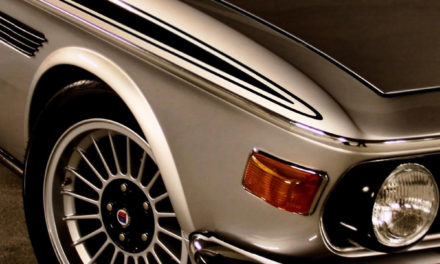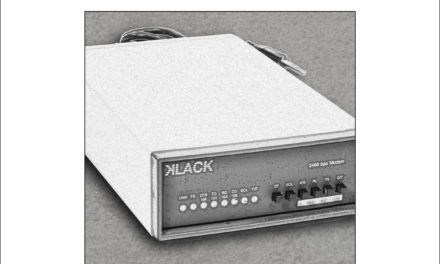
Front Line Assembly
Wake Up The Coma
Metropolis Records
Front Line Assembly is a curious beast in 2019, one which has been retrofitted, hot-swapped, and rebuilt so many times that it’d be easy to mistake it for one of the hi-tech, low-life cyberpunk beings their songs so often examine. Yes, Bill Leeb still sits at the center of everything as he always has, but in the collaborator transitions from Michael Balch to the Rhys Fulber era, to the Chris Peterson years, to Jeremy Inkel’s tragically shortened tenure, and now into Fulber’s return, the band’s sounds and approaches on LP have cycled radically (and that’s not even taking into account their commendable forays into soundtracking). All of which is to say that one’s expectations for Wake Up The Coma could be so far flung as to include just about anything, which is why it’s rather disappointing to find a record of half measures.
From a sonic perspective, much of Wake Up the Coma exists in the same continuum as last proper LP Echogenetic and its remix companion Echoes, taking modern EDM production techniques with an emphasis on glitchy bass music tropes, and marrying them to classic FLA electro-industrial song structures. It’s a formula that has worked well in the past, but falls somewhat flat here; despite a high standard of sound design and uniformly excellent production, there just aren’t that many songs to latch onto as a listener. Numbers like “Tilt” and “Hatevol” feel like Front Line in terms of arrangement and ambition, but aren’t especially memorable in and of themselves, and quickly fade from memory even after multiple listens. Others have good components – “Arbeit” finds an interesting intersection of syncopated rhythm and orchestral flourish, “Mesmerized” has a killer bassline – but lack for hooks. There are some defensible moments, like “Eye on You” which features DAF’s Robert Görl and “Living a Lie” (despite having lyrics on the chorus so silly they made one of our reviewers burst into laughter), both of which ride hard grooves with snappy drums, but they’re the exception rather than the rule.
Worryingly, the album is also plagued with ideas and collaborations that come off as half-baked in the context of an actual LP. The title track features Paradise Lost’s Nick Holmes doing a melodic turn on vocals, but his cadence and delivery don’t sit well in the track’s thick wash of synth blips and pads. Chris Connelly gamely makes a go of “Spitting Wind” in his Bowie delivery, but the track lacks concentration and definition, with sections bleeding into each other without resolving. Worst of all, the cover of Falco’s “Amadeus” is as rote an imitation of the original as possible, with nary a hint of FLAvour, classic or modern. Jimmy Urine’s spot-on Falco imitation would likely be a smash at karaoke night, but with the instrumentation sounding so broad and indistinct, there’s little to distinguish it from the classic version. Say what you will about the very Delerium-esque FLA cover of Madge’s “Justify My Love”, but at least it did something new and distinct with the source material. “Amadeus” commits the worst crime a cover can: not of mutating a song beyond recognition, but of cleaving so close to the original that it seems utterly redundant. FLA have gambled on working outside of their comfort zone plenty of times, but the payoff has never sounded so bereft of individual personality.
Not quite a return to form, not exactly the breaking of new ground (with the regrettable exception of “Amadeus”, we suppose), Wake Up The Coma is a middling effort from a long-standing band who’ve proven they’re still capable of much more. Comprised of different ideas and approaches that don’t cohere as an album, its few high points simply don’t make up for a lack of creative focus. There’s no reason to think that this new incarnation of the band can’t either recapture former glories or continue to find new and fertile terrain, but for the time being, Wake Up The Coma has stymied both of those ambitions.






lol @ this review
Maybe the reviewer’s problem is that they are trying to define FLA, which is silly, because in so many ways FLA has explored, experimented, fearlessly I might add – and then helped to define the boundaries of our industrial sonic landscape. I always find reviews like this laughable, it is low effort and the criticisms aimed at FLA might be better directed towards the resurgence of industrial music and the copy paste counterfeits out there.
tl,dr – This review is low effort.
You might disagree with our conclusions, but trust me: we don’t take FLA lightly and because of that, we expect better of them because we know they’re (still) capable of it. If you have specific defenses to make regarding “Wake Up The Coma”, feel free to make ’em.